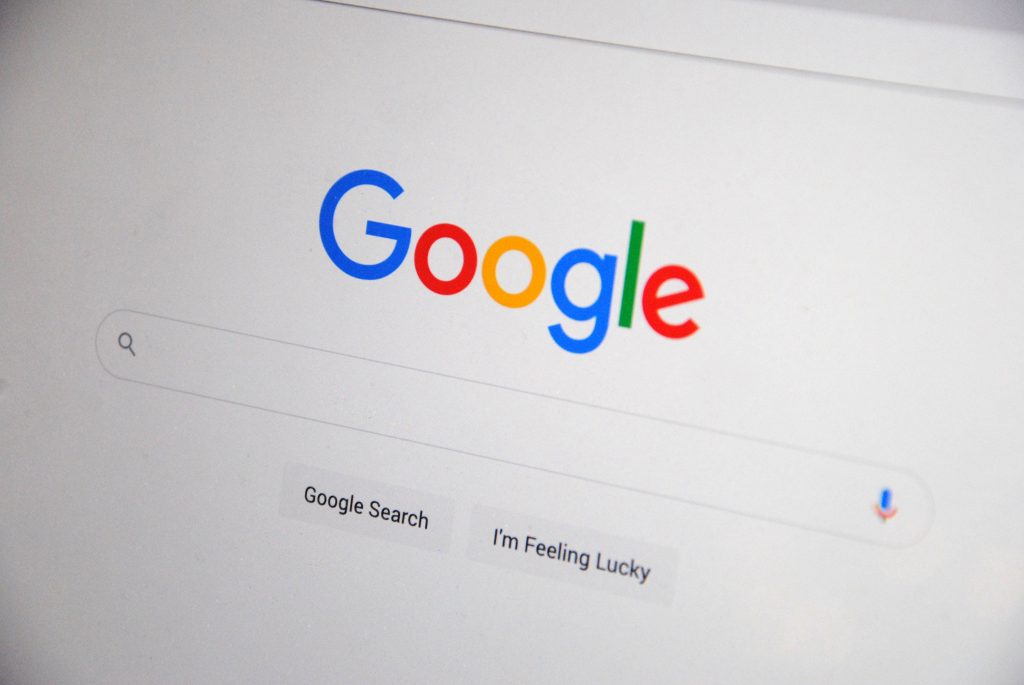Uncategorized
Boost Your Online Presence: The Ultimate Guide to Your First Google Campaign
Table of Contents
Introduction – First Google Campaign
In this article, we’ll walk you through the process of creating your first Google campaign. Whether you’re a small business owner or a digital marketer, mastering Google Ads is essential for reaching your target audience effectively.
Understanding Google Ads
Google Ads is a powerful online advertising platform that allows you to display your ads on Google’s search engine and its extensive network of partner websites. It operates on a pay-per-click (PPC) advertising system, where you’re charged only when someone clicks your ad.
Setting Up Your Google Ads Account
Begin by setting up your Google Ads account. Visit the Google Ads website and click on “Get Started.” You’ll be guided through the account creation process, including selecting your target audience and campaign goals.

Defining Your Campaign Goals
Before you dive into creating your campaign, it’s crucial to define your goals. Are you aiming to boost website traffic, generate leads, boost sales, or enhance brand recognition? Your campaign objectives will guide your entire strategy.
Target Audience Research
Understanding your target audience is the cornerstone of a successful campaign. Use tools like Google Analytics and market research to gather data on your potential customers, including demographics, interests, and online behavior.
Keyword Research and Selection
Keywords are the words or phrases that activate your ads. Conduct thorough keyword research to identify the terms your audience is using to search for products or services related to your business.
Creating Compelling Ad Copy
Creating captivating ad text is crucial for grabbing your audience’s focus. Your ad should be clear, concise, and tailored to the keywords you’ve selected.
Setting Your Budget
You have the option to establish a daily or monthly budget for your campaign. Commence with a budget that aligns with your objectives and incrementally raise it as you observe favorable outcomes.
Bidding Strategies
Google Ads provides a range of bidding strategies, encompassing both manual bidding and automated bidding options. Choose the one that best suits your campaign objectives and budget.
Ad Extensions
Ad extensions furnish extra details to your ad, enhancing its informativeness and appeal. Explore options like site link extensions and callout extensions to enhance your ad’s visibility.
Ad Scheduling
You can control when your ads appear by setting up ad schedules. This is particularly useful if you want to target specific days and times when your audience is most active.
Location Targeting
Select the geographic locations where you want your ads to be displayed. This ensures that your ads reach the right people in the right places.
Device Targeting
Consider the devices your audience is using. You can adjust your bid for mobile devices or target specific devices to optimize your campaign’s performance.
Ad Quality and Relevance
Google values ad quality and relevance. Ensure your landing page is user-friendly, and your ad copy matches the user’s search intent.
Tracking and Measuring Results
Use Google Analytics and Google Ads conversion tracking to monitor your campaign’s performance. This data will help you make informed decisions and refine your strategy.
Conclusion
Creating your first Google campaign may seem daunting, but with the right knowledge and strategy, it can be a powerful tool to boost your online presence and reach potential customers. Remember to continuously optimize your campaign for the best results.
FAQs
1. What is the cost of creating a Google Ads account?
Creating a Google Ads account is free. You only pay when someone clicks on your ads, following the pay-per-click model.
2. How long does it take to see results from a Google Ads campaign?
The time it takes to see results varies depending on factors like your industry and competition. Typically, you can anticipate witnessing outcomes in a matter of a few weeks.
3. Are there any restrictions on the content of Google Ads?
Yes, Google has policies regarding ad content. Make sure to review these policies to ensure your ads comply with their guidelines.
4. What are some best practices for creating effective ad copy?
Effective ad copy should be concise, relevant, and include a clear call to action. Incorporate pertinent keywords and showcase your distinctive selling propositions.
5. Can I pause or stop my campaign at any time?
Yes, you have full control over your campaign’s schedule. You can pause or stop it at any time based on your needs and objectives.
Now that you have a comprehensive guide on creating your first Google campaign, you can embark on this exciting journey of online advertising with confidence. Make sure to adapt and refine your strategy as you gain more experience, and always keep your audience’s needs in mind.
Click here for assistance

